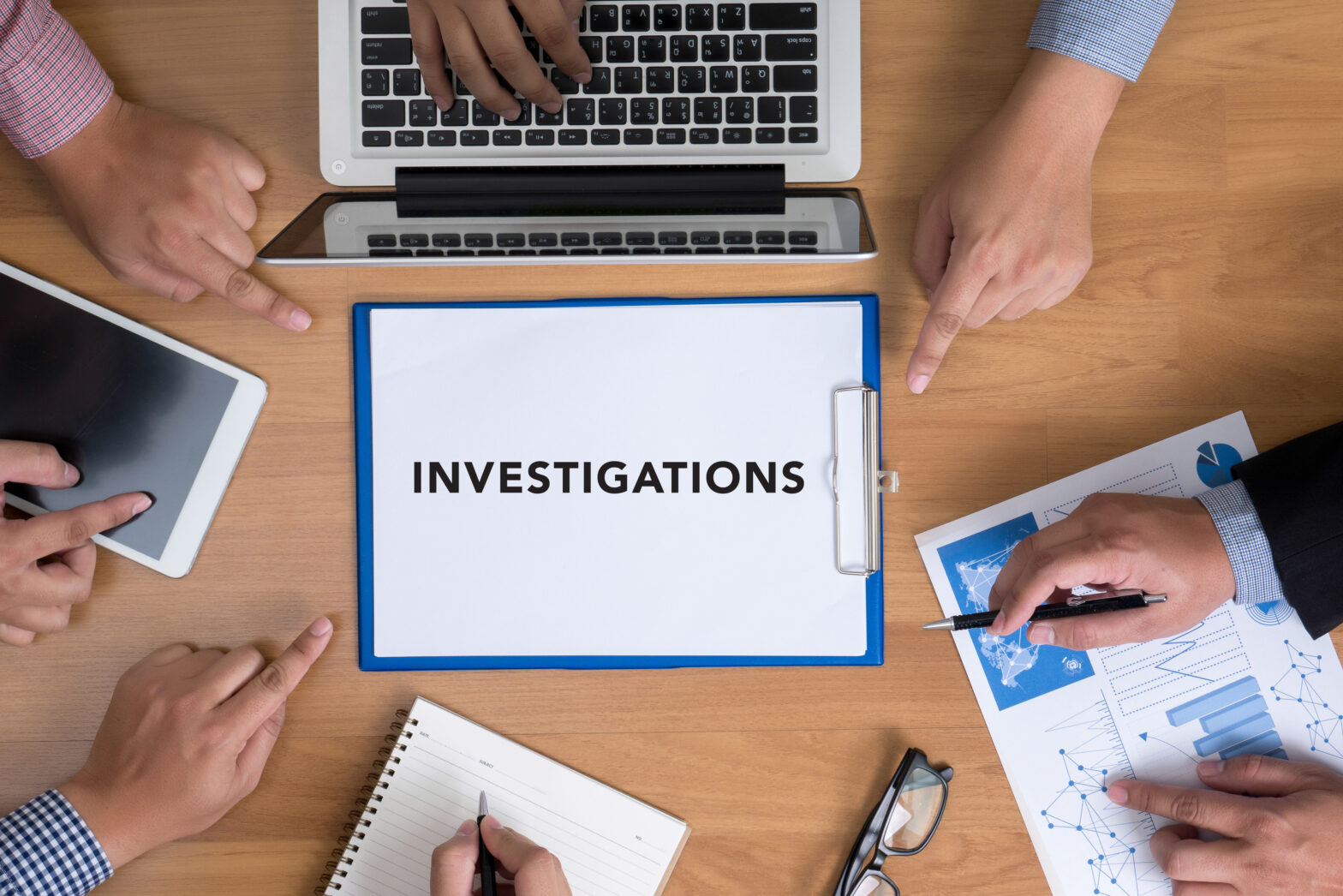HMRC inspections are an unfortunate reality of business life, and if you haven’t had one yet there is a good chance that you will be selected for one at some point in the future. Sometimes HMRC will select candidates for inspection randomly; however they will also use intelligence to identify who to focus on. This can include the type of business (for example, cash businesses will attract more attention than those with a clear paper trail), conduct in respect of tax filings, entries on your tax returns, and information that they may receive.
Carl Reader, director at d&t Chartered Accountants says, ‘The main thing to remember is to stay calm during the process. The inspector is simply performing their job, and will naturally be curious and ask questions following on from answers that you may give.’
The two types of tax enquiry
There are two types of enquiry, Aspect and Full. Aspect enquiries are in respect of a part of a tax return, while full enquiries are more wide ranging. Sometimes, an aspect enquiry will develop into a full enquiry based on the results of the initial questions.
Reader adds, ‘While the process might be uncomfortable, it is important to stay professional and to also provide all the information that you can to help the enquiry reach a satisfactory conclusion.
‘Clearly, preparation is better than cure in these circumstances, and having well-structured accounting records will help both sides in the case of the enquiry. We recommend to all of our clients that they take tax investigations insurance, simply because it allows them to be professionally represented without the fear of additional fees.’
Toby Ryland, corporate tax partner at chartered accountants HW Fisher & Company says companies should not ignore the enquiry, and must do everything possible to meet the deadline. ‘If adjustments need to be made to your tax return as a result of the enquiry, any penalties can be mitigated if you have fully co-operated and responded on a timely basis,’ he says.
Taking professional advice is essential, even if the enquiry seems routine. ‘Sending a loosely worded reply to HMRC can result in the enquiry being extended into other areas, and so consuming even more of a business owners’ valuable time,’ Ryland adds.
Where it begins
An enquiry starts when HMRC issues a notice to a business explaining what it is querying and what information it wants to see. A deadline for responding is almost always given; typically around 30 days from the date of the enquiry letter.
The taxpayer must then respond in writing, answering any questions and providing the information requested by HMRC. HMRC may accept this response, or may ask further questions. You can expect to receive HMRC’s response in 30-60 days.
Even a simple enquiry can drag on for 3-6 months if there are a couple of rounds of correspondence. A more detailed enquiry or a complex case, where there is a difference of opinion on a technical matter, can take many months or even years to resolve.
Eventually, HMRC and the taxpayer will either agree the tax position, at which point a closure notice will be issued, or the enquiry will be listed before a tax tribunal for a decision to be made. The vast majority of cases are resolved before there’s a need for a tribunal hearing.
Ryland says that, given the professional costs that can be incurred in dealing with an HMRC enquiry, it is often sensible for SMEs to consider taking out fees insurance.
‘Most accountancy firms will offer this to their clients; such policies ensure that the additional cost of dealing with an HMRC enquiry will be met by the insurer,’ he says. ‘However, such insurance cover needs to be taken out before the tax return is submitted, rather than when the enquiry has been opened by HMRC.’
Mitigating the impact of an investigation
Charlie Owen, associate partner at Russell New says that steps can be taken to mitigate the impact of an inspection. When considering how HMRC conducts an enquiry and how the taxpayer interacts with HMRC, there are some handy reference documents, he says.
‘The Taxpayers’ Charter is useful for the taxpayer to see their rights and can sometimes be overlooked by HMRC. HMRC’s Litigation and Settlement Strategy sets out how HMRC are expected to conduct themselves during enquiries and can provide guidance to the taxpayer if it is felt the inspectors are behaving improperly.
‘During an enquiry, if the decision is taken to meet the inspector, to enable them to prepare adequately, the taxpayer should always ask for an agenda beforehand. During the meeting, they should ensure the agreed agenda is adhered to.’
After an enquiry, if further tax has been found to be due, the question of penalties will commonly be raised. In recent times HMRC has become more aggressive in terms of raising penalties on additional tax.
‘There are various categories of taxpayer behaviour for which different levels of penalty are charged, Owen says. ‘Often, HMRC will seek to argue that behaviour that might be ‘careless’ is in fact ‘deliberate’ which increases the scope for charging penalties.
‘Similarly, they may seek to categorise an innocent mistake as a ‘failure to take reasonable care’, again increasing the possible level of penalties. The onus is on the inspector to provide reasons for a penalty applying and therefore a taxpayer should consider challenging any heavy-handedness in this area.’
Owen adds that a point that is often overlooked is that penalties may be suspended in some cases. ‘Usually, the taxpayer will need to raise this point with HMRC as otherwise it could get missed. If penalty suspension is agreed, the taxpayer will need to demonstrate compliance for a period of time in order to avoid the penalty crystallising.’
Tax Investigation Protection is offered as a benefit for FSB members. Click here for more information.





